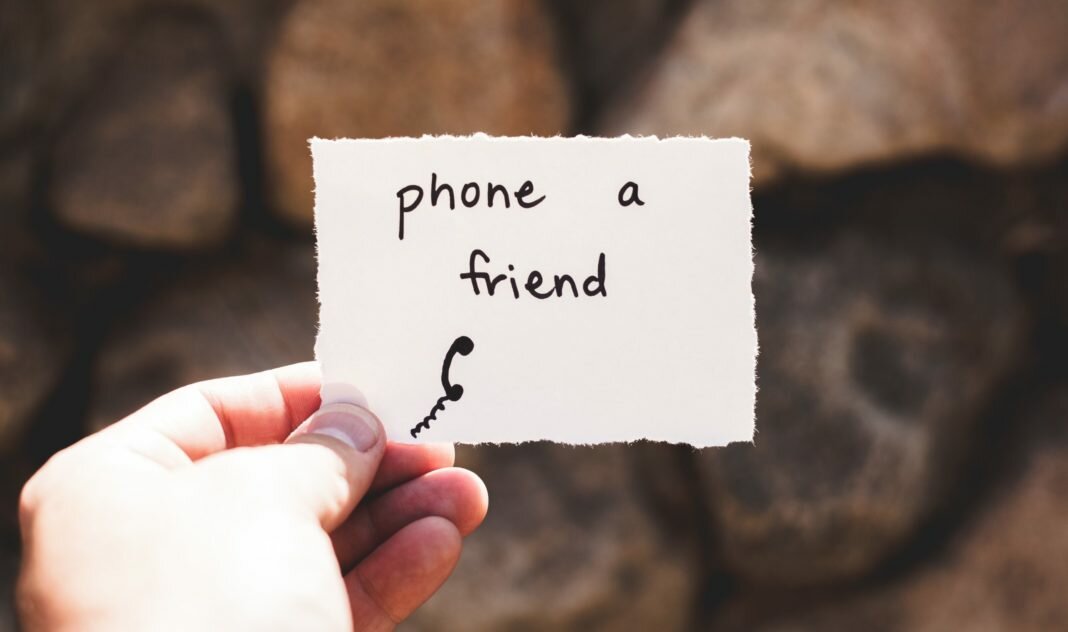Brief • 2 min Read

While our emotions are laid bare, we as a nation are taking time to reflect, connect and to some extent, appreciate life interrupted: The majority of Americans (78%) have felt grateful to be around people they truly care about and more than three quarters (77%) have shown compassion (taking the time to check in with people they care about). Nearly half of Americans (49%) have felt grateful for the break from work to be at home with my family, especially Americans age 18-49 in their prime working years (60% vs. 36% 50+)
And while parents are juggling zoom calls and online education, they are also connecting with their kids: Around a third (31%) have experienced ‘Mommy/Daddy’ time out-walking away from kids to get a break since the stay-home orders have gone into effect; especially men (38% vs. 25% women) and parents with an annual household income of $75k+ (36% vs. 25% of <$50k HHI).
Unfortunately however, nearly half of Americans (49%) and 59% of Gen Z and Millennials have felt lonely and isolated and 40% are overwhelmed since the stay-home orders have gone into effect, a quarter are increasing use of wellness and meditation apps, especially younger adults who feel most alienated and parents who feel most stressed!
Takeaway: As the pandemic becomes an unfortunate national routine, dislocation also means reflection. Can this time of crisis yield greater compassion and empathy in our relationships, our communities and into our national partisanship? Most pundits would say no, but social scientists point to defining life events like the Great Depression shaping core values, so how will Gen Z carry forward lessons from the pandemic into their ethos for living?
METHODOLOGY
This survey (Wave 6) was fielded online among a nationally representative sample of 1,993 U.S adults from April 3 – 5, 2020. Wave 5 was fielded online among a nationally representative sample of 2,016 U.S adults from March 28 – 30, 2020. Wave 4 was fielded online among a nationally representative sample of 2,023 U.S adults from March 21-22, 2020. Wave 3 of the survey was fielded online among a nationally representative sample of 2,019 U.S adults from March 17-18, 2020. Wave 2 of the survey was fielded online among a nationally representative sample of 2,050 U.S adults from March14-15, 2020. Wave 1 of this survey was fielded online among a nationally representative sample of 2,019 U.S adults from March 05 – 09, 2020.
Find out more from our COVID-19 Tracker.
Subscribe for more Insights
Subscribe to our newsletter for the latest trends in business, politics, culture, and more.
Related Content









